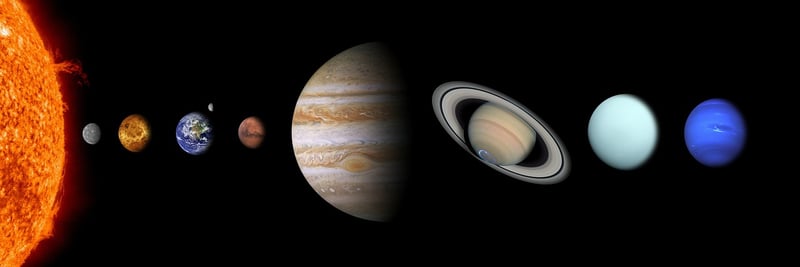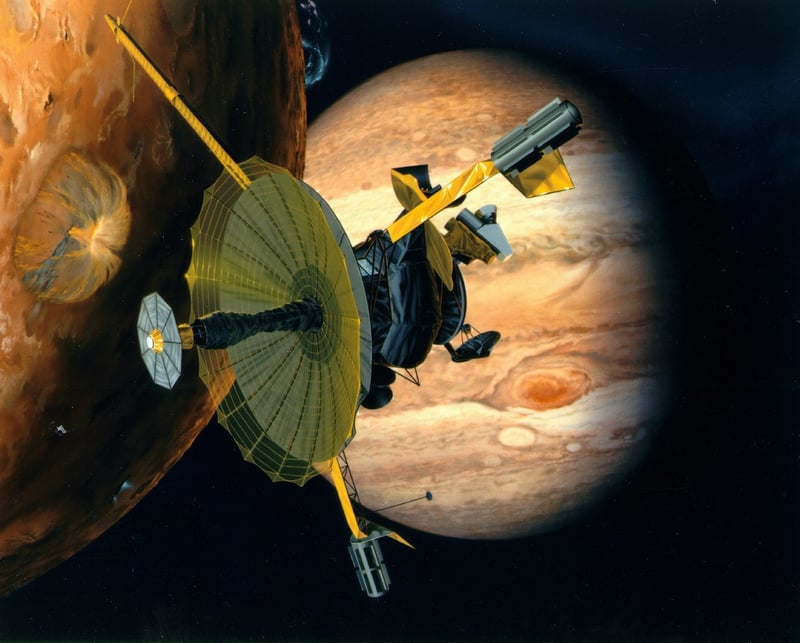Jupiter Missions
Unveiling the Mysteries of the Cosmos and Jupiter Missions
The Vast Cosmos
Embark on a cosmic journey to explore the wonders of the universe. The cosmos, with its billions of galaxies, stars, and planets, holds secrets waiting to be revealed. From distant nebulae to exoplanets in habitable zones, the universe offers a breathtaking spectacle that sparks curiosity and awe.
Jupiter Missions: Unraveling the Giant
Jupiter, the largest planet in our solar system, has long captivated astronomers with its massive size and swirling storms. Numerous missions have been launched to study this gas giant up close, unveiling its mysteries and providing valuable insights into the formation of our solar system.
Exploring Jupiter's Moons
Among Jupiter's many fascinating features are its diverse moons. Europa, Ganymede, Callisto, and Io beckon with their unique characteristics, promising scientific discoveries that could hint at the potential for life beyond Earth.
The Juno Mission
One of the most notable missions to Jupiter is NASA's Juno spacecraft. Launched in 2011, Juno has been orbiting the planet since 2016, studying its atmosphere, magnetic field, and interior structure. The mission has already provided groundbreaking data that is reshaping our understanding of Jupiter.
Key Objectives of the Juno Mission:
- Investigate Jupiter's magnetic field
- Study the planet's composition and structure
- Explore the origins of Jupiter
Unlocking the Secrets of the Cosmos
As we continue to push the boundaries of space exploration, each mission brings us closer to unraveling the mysteries of the cosmos. By peering into the depths of space and venturing to distant worlds like Jupiter, we gain a deeper understanding of our place in the universe and the forces that shape it.
Experience the Wonder
Join us in this cosmic odyssey as we delve into the vast expanse of the universe and witness the groundbreaking discoveries made possible by missions to Jupiter and beyond.

For more information on Jupiter missions and space exploration, visit NASA's official website.
